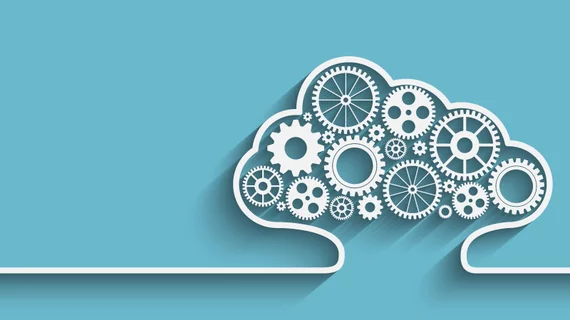Rad AI leverages Google Cloud for radiology report customization
Radiologist-led startup Rad AI has announced a collaboration with Google to leverage its cloud infrastructure to enhance radiologist efficiency, reduce burnout, and elevate patient care quality.
Rad AI will utilize Google Cloud's platform and AI tools, including MedLM, a model tailored for the development of healthcare applications, according to a statement. The collaboration will allow Rad AI to enhance its radiology report distribution platforms with additional AI models from Google, enabling the automatic generation of more customized radiology reports. The goal is to accommodate the preference of each physician or radiology department.
“Radiology is a field that stands to see immediate, high-value impact from advancements in generative AI, and radiology reporting is an area where this technology can have a meaningful impact," Aashima Gupta, global director of healthcare strategy and solutions at Google Cloud said in the statement. "As the number of medical images continues to grow, our goal is to enable the ecosystem and help our customers equip radiologists with the latest generative AI capabilities not only to help manage workflows but also to expedite patient treatment through faster and more accurate diagnoses."
Google Cloud's ecosystem will be used to expand the size and complexity of Rad AI's models, empowering its AI to achieve higher levels of clinical accuracy. The company said its platform is currently used by 30% of U.S. radiology practices and health systems in the U.S., which collectively care for more than 50 million patients annually.

